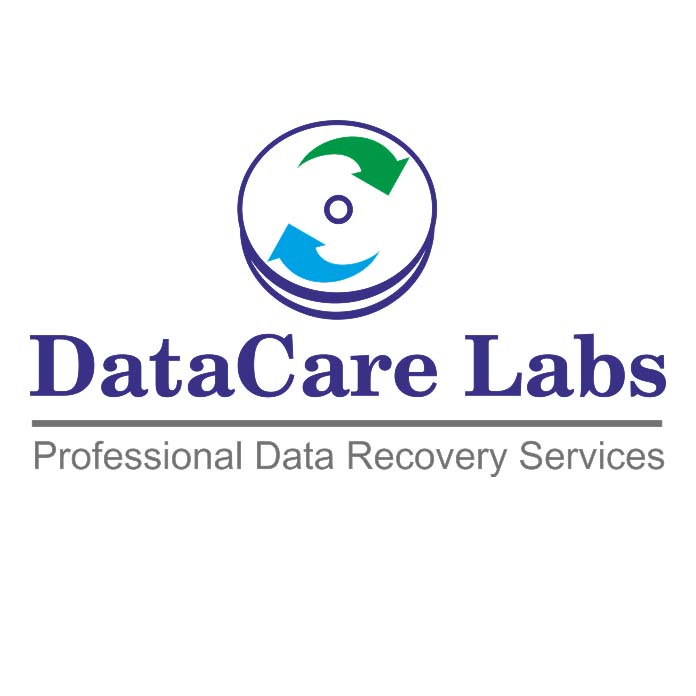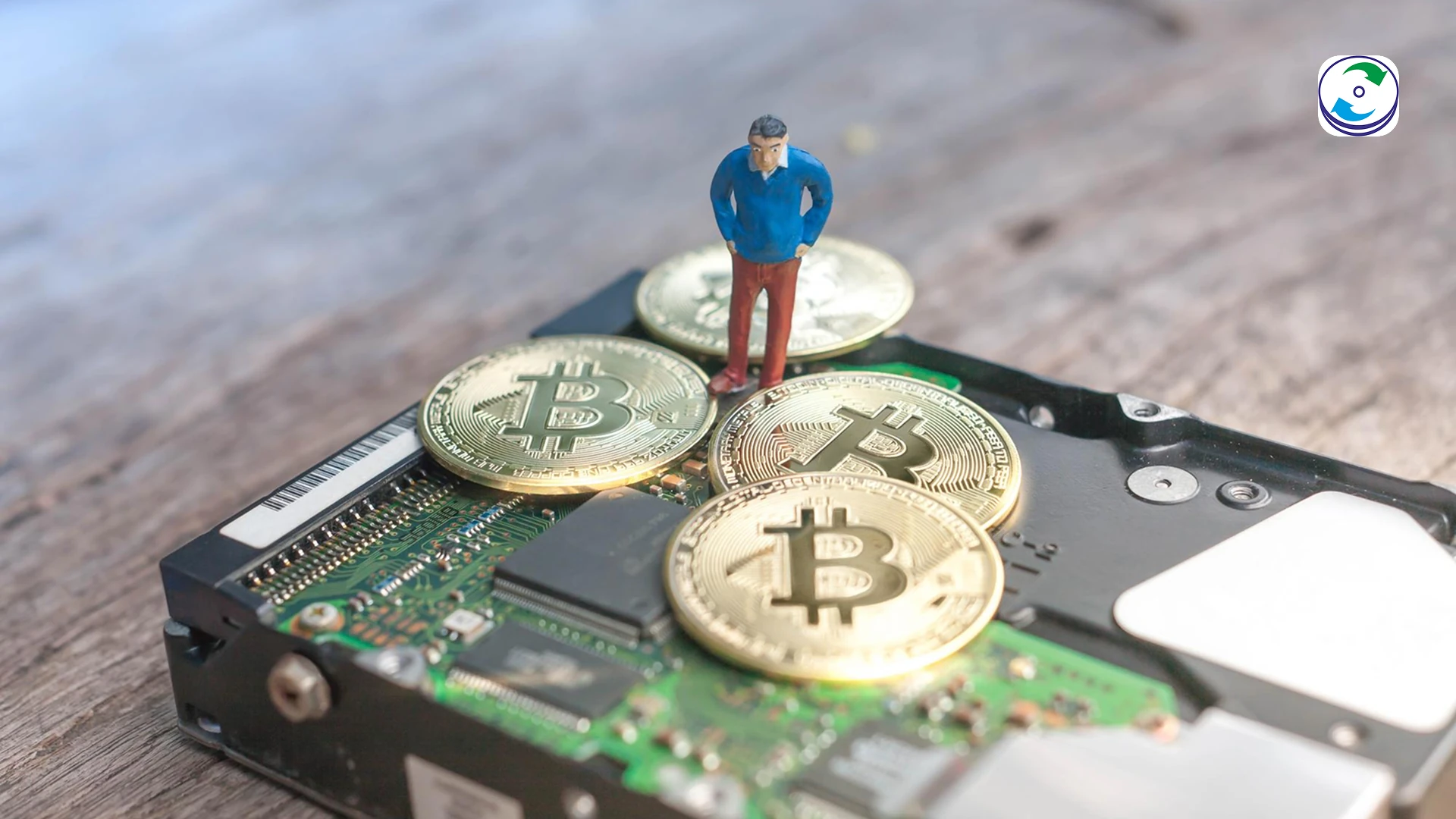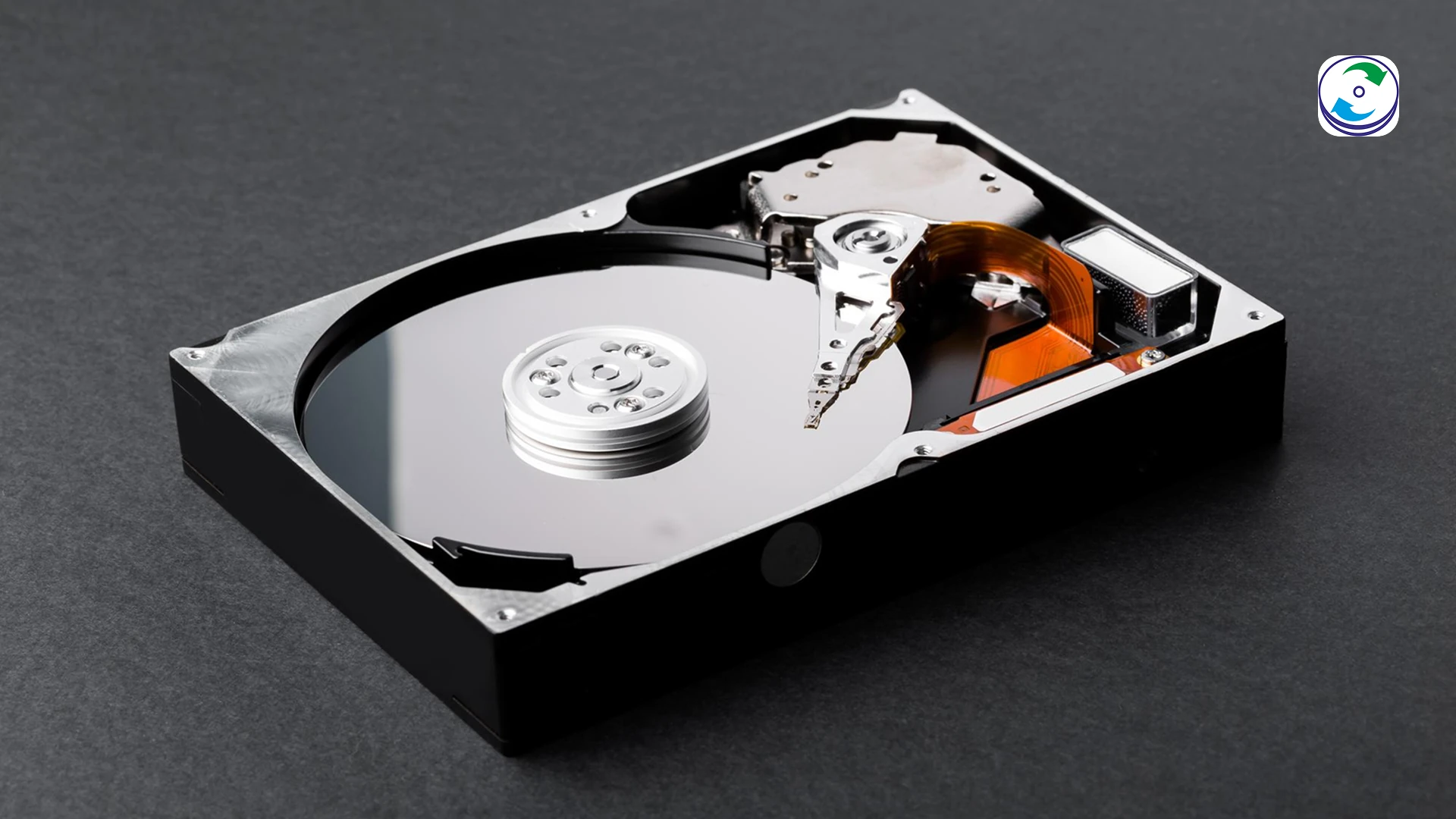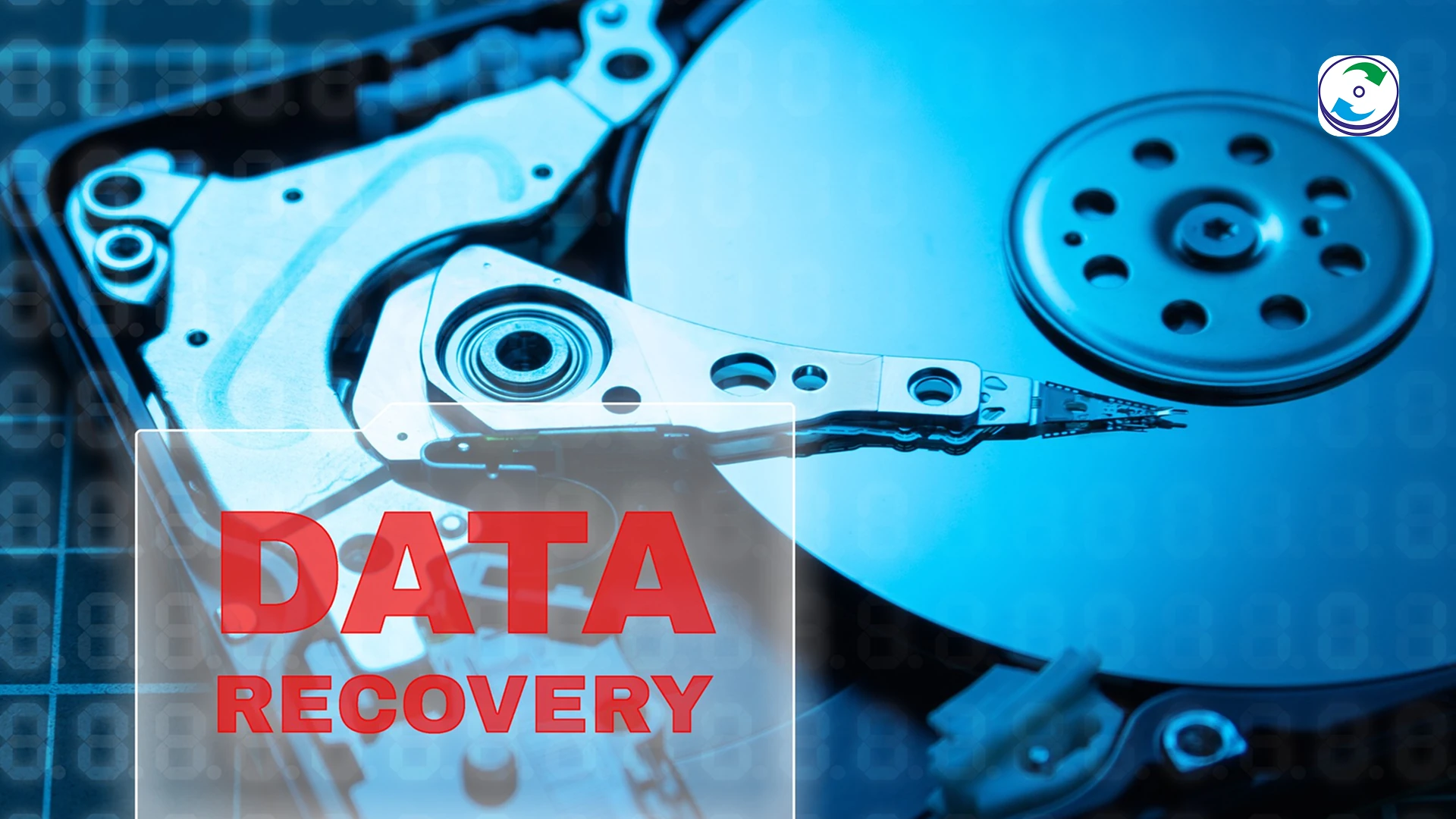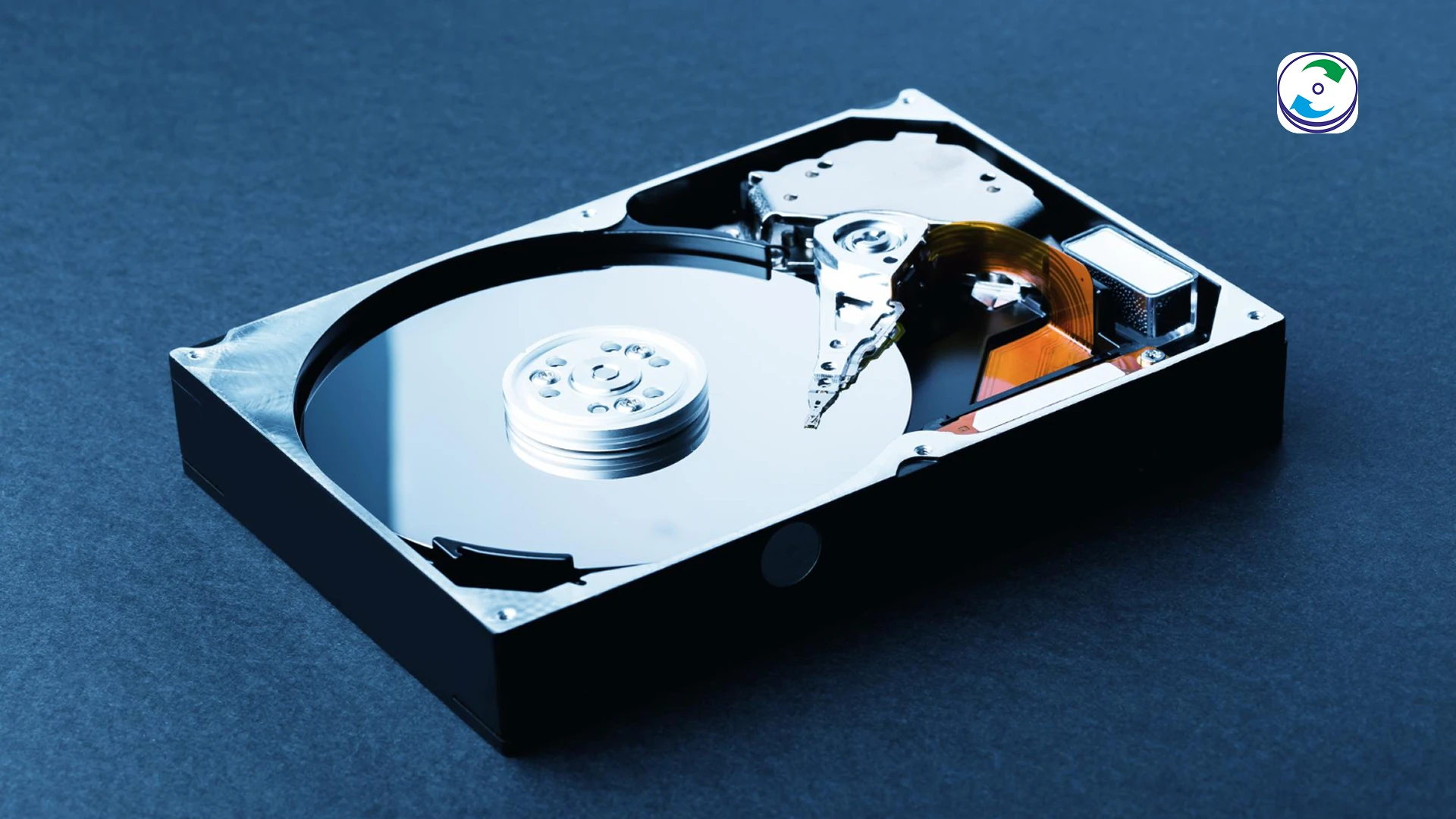Beyond the Hard Drive: The Ethical and Technical Challenges of Data Recovery from Brain-Computer Interfaces (BCIs)
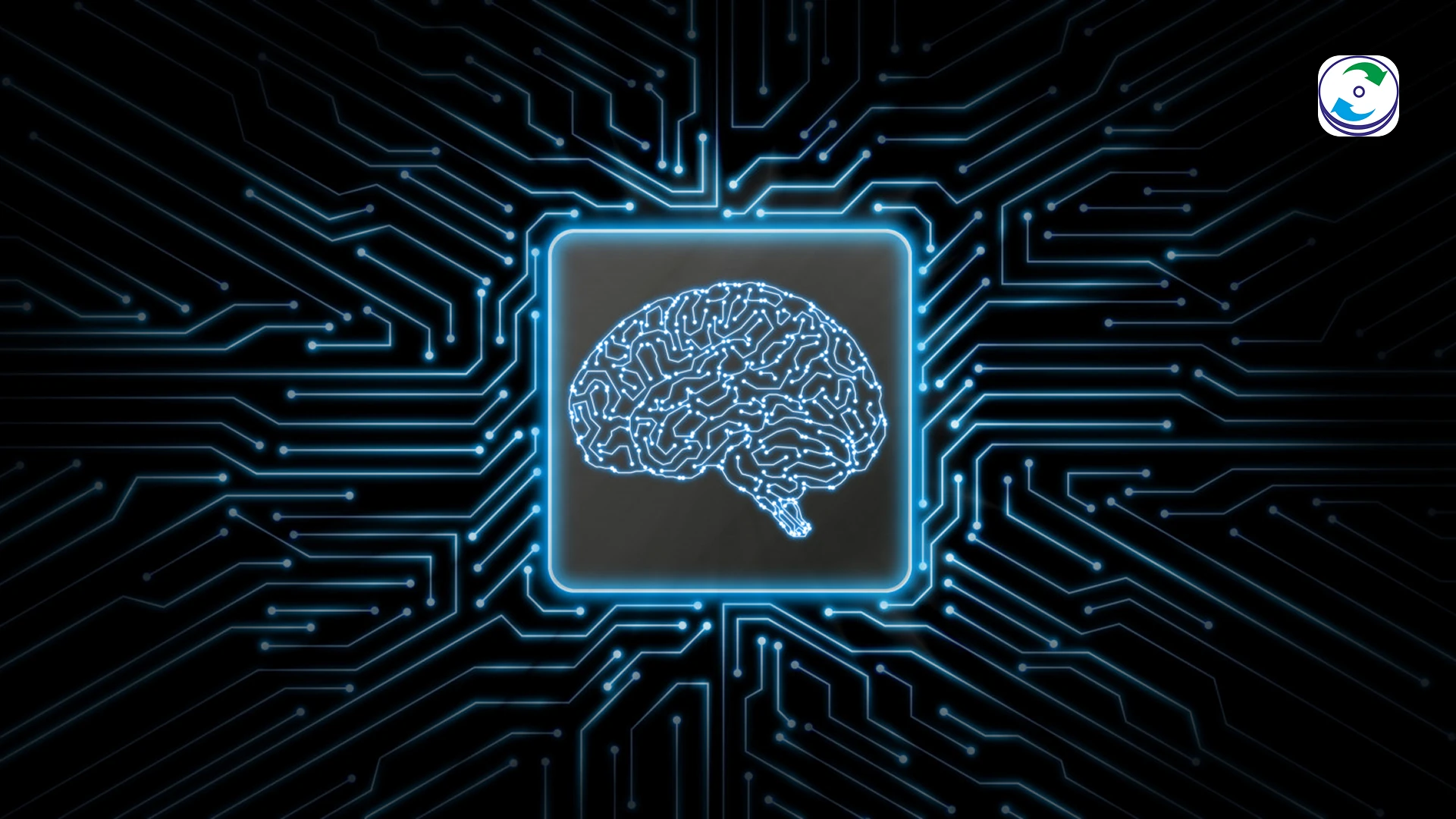
Introduction
For centuries, the human brain has remained the ultimate “black box”—a repository of thoughts, memories, and consciousness, impenetrable by technology. But that is changing. Brain-Computer Interfaces (BCIs), exemplified by groundbreaking ventures like Neuralink, promise a future where our thoughts can directly control external devices, and perhaps even store or retrieve information directly from our minds. This isn’t just about controlling a cursor; it’s about a symbiotic link between biology and silicon, creating a whole new category of “data.”
As we move beyond the hard drive and into the realm of neural data, the concept of data loss takes on an entirely new, deeply personal, and ethically complex dimension. What happens when a BCI fails? How do you perform data recovery on a device connected to a human brain? The technical hurdles are immense, but the ethical quagmire surrounding “mind data” is unprecedented.
The Promise and Peril of Brain-Computer Interfaces (BCIs)
BCIs work by recording brain activity (often through implanted electrodes) and translating those neural signals into commands for external devices or, conversely, by stimulating the brain with signals from external sources. The potential applications are revolutionary: restoring movement to paralyzed individuals, enabling communication for those with locked-in syndrome, and even augmenting human cognition.
However, this profound connection to the brain also introduces unprecedented vulnerabilities:
-
“Digital Amnesia” or Identity Loss: If a BCI storing or augmenting memories fails, it could lead to a form of “digital amnesia,” where crucial personal information, skills, or even aspects of one’s identity could be lost.
-
Malicious Interference: Hacking a BCI isn’t just about stealing data; it’s about potentially influencing thoughts, corrupting memories, or even altering personality.
-
Hardware Malfunction: Like any electronic device, BCIs can fail due to power surges, component degradation, or physical damage (e.g., impact to the head).
Uncharted Technical Territory: The Challenges of BCI Data Recovery
Traditional data recovery deals with hard drives and SSDs—physical components with established failure modes. Recovering data from a BCI introduces entirely new technical complexities:
-
Biological-Digital Interface: The “storage” is not just digital; it’s a dynamic interplay between neural networks and silicon. Data is not merely “written” to sectors but encoded in complex electrical patterns. How do you recover these patterns when the interface breaks down?
-
Implant Integrity: BCIs are typically implanted devices. Recovery would require invasive neurosurgery to access the device. The risks to the patient, both during the initial failure and the recovery attempt, are paramount.
-
Real-time, Dynamic Data: Brain activity is constantly changing. Unlike a static hard drive, the “data” in a BCI is in constant flux. Recovering a “snapshot” of a memory or a cognitive state would be incredibly challenging.
-
Proprietary and Secure Hardware: BCI manufacturers will undoubtedly employ advanced encryption and tamper-proof hardware, making unauthorized access (even for recovery) exceptionally difficult to protect the user’s privacy.
-
Small-Scale, Delicate Components: BCI implants are incredibly small and delicate, operating at a microscopic level. Traditional data recovery tools and techniques would be utterly inadequate.
-
“What Constitutes Data?”: Is the data the raw neural spikes, the interpreted thought, or the resulting action? Defining the “data” to be recovered is a fundamental challenge.
The Ethical Minefield: Data Ownership, Privacy, and Consent
Beyond the technical, BCIs plunge data recovery into a profound ethical minefield, raising questions that traditional data recovery has never encountered:
-
Ownership of “Mind Data”: Who owns the data recorded by a BCI—the individual, the BCI manufacturer, or a healthcare provider? Can it be compelled for legal purposes?
-
The Right to Be Forgotten (or Remembered): If a BCI stores memories, does an individual have the right to selectively delete them? Conversely, if critical memories are lost, do they have a right to have them recovered, and what if that involves “re-implanting” retrieved data?
-
Consent for Recovery: Given the invasive nature, informed consent for any BCI data recovery procedure would be incredibly complex, especially if the individual’s cognitive abilities are already impaired by the BCI failure itself.
-
Identity and Authentication: If a BCI contains aspects of an individual’s identity, how do you verify identity for recovery without compromising that very identity?
Preparing for the Unprecedented: The Future of Data Recovery Ethics
While full-fledged BCI data recovery is still decades away, its emergence forces the data recovery industry to think proactively about an entirely new set of ethical and technical standards.
At DataCare Labs, our core values of data integrity, client confidentiality, and risk-free recovery are more vital than ever when considering such a future. Our Class 100 Cleanroom facilities and expertise in advanced micro-level recovery lay a foundational groundwork. However, the future will demand:
-
Neuro-Forensic Specialists: Engineers with expertise in both data recovery and neurobiology.
-
Ethical Review Boards: Specialized bodies to oversee BCI data recovery procedures, prioritizing patient safety and autonomy.
-
New Legal Frameworks: Laws to define data ownership, privacy, and consent for neural data.
Conclusion: The Human Element in the Data Frontier
BCIs promise to blur the lines between human and machine, creating data streams that are intimately tied to our consciousness. As we venture beyond the hard drive, the challenges of data loss and recovery become not just technical, but deeply human. Preparing for this future means not only developing cutting-edge recovery techniques but also establishing a robust ethical framework to safeguard the very essence of what makes us human.

